On 16 September SC Johnson and Liverpool Football Club unveiled a eco-led partnership running under the title ‘Goals For Change’ which will initial create a closed loop recycling model for the more than 500,000 plastic bottles used at Anfield each season.
The partnership’s launch activation will see football fans at Anfield encouraged to put their used plastic beverage bottles in specially designed and branded receptacles across the ground and then SC Johnson will collect the plastic and repurpose it to create new Mr Muscle trigger bottles.
The project is promoted through a social media led campaign led by a flagship online film.
At @SCJohnson we’ve teamed up with @LFC to score #Goals4Change!
Together, our global partnership will work for a more sustainable & healthier Anfield & . #BetterWorld
— SC Johnson (@SCJohnson) September 16, 2021
‘Goals for Change’ will span a series of initiatives to drive improvements in sustainability and health and hygiene and provide pathways to greater economic and social mobility for underserved youth across Liverpool FC’s communities not only at the ground, in the city and across the UK, but also for its fans throughout Europe, Asia and Latin America.
As well as recycling plastic bottle waste at Anfield, SC Johnson and Liverpool will also link up to focus on health and hygiene and, as the Official Cleaning and Disinfectant Partner of Liverpool FC, SC Johnson will also provide soaps and hand sanitizers throughout the stadium and AXA Training Centre to help promote health and hygiene.
While SC Johnson Professional, the company’s commercial business, will also work with the club to establish a new standard of cleaning.
Further activation strands from SC Johnson, the maker of household consumer brands including Mr Muscle, Ecover and Duck, will follow through the season and will focus on ecology, sustainability and health and will also offer opportunities for underserved youth.
“Plastic waste is a threat to our planet for this and future generations,” commented SC Johnson CEO Fisk Johnson at the partnership launch. “At SC Johnson, we believe we all have a responsibility to solve this critical environmental issue. Our partnership with Liverpool F.C. is one of the many steps SC Johnson is taking to move forward our vision for a waste-free world as it creates another local solution to this global problem by leveraging football to help close the plastic recycling loop.”
Liverpool FC Commercial Director Matt Scammell added: “We launched our sustainability programme the Red Way earlier this year and made a commitment to make a positive difference to our people, our communities and our planet. SC Johnson has made important step changes within their industry which have delivered incredible results through several sustainability initiatives. I feel very optimistic about the work we can do together through this partnership, both raising awareness and looking after the safety of our supporters and ultimately using our voices for good to help the next generation of Reds all around the world.”
Comment:
This tie-up adds to the company’s other sports sponsorships and in the last 24 months SC Johnson has penned partnerships with several US professional sports teams including the Milwaukee Bucks (NBA) and Milwaukee Brewers (MLB) which also both focus on implementing new recycling initiatives.
This new Liverpool partnership and launch activation follows on from Liverpool FC’s previous launch of its ‘Red Way’: the club’s vision for sustainability and route to supporting society now and for future generations.
The sponsorship and its first activation are just one strand in SC Johnson’s mission to ‘work for a better, more sustainable, waste free world’ which includes a commitment to making 100% of its plastic packaging recyclable, reusable or compostable and tripling the amount of post-consumer recycled (PCR) plastic content, by 2025.
Currently, 65% of SC Johnson plastic packaging is designed to be recyclable, reusable or compostable and 19% of SC Johnson’s packaging is PCR. The company claims to have eliminated more than 2.5 million kilograms of unnecessary or problematic plastic packaging since 2018.

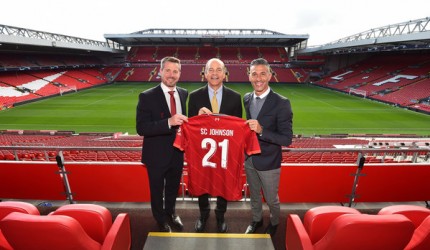
















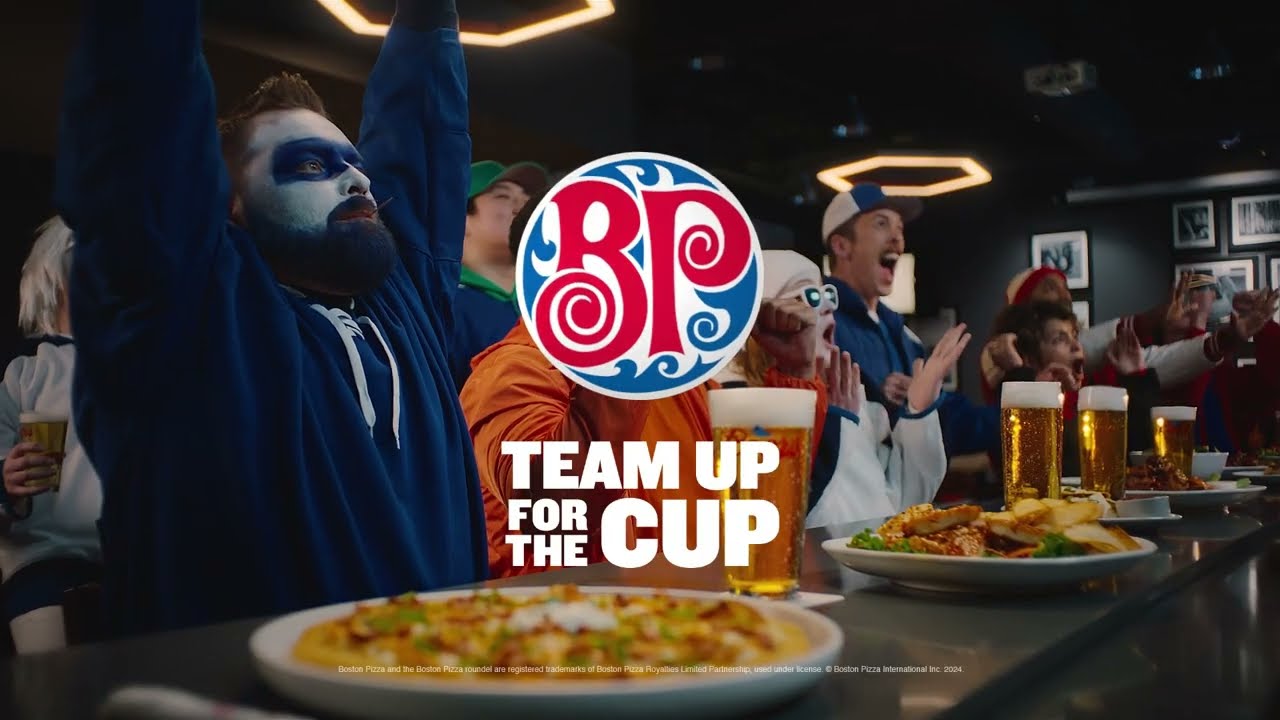
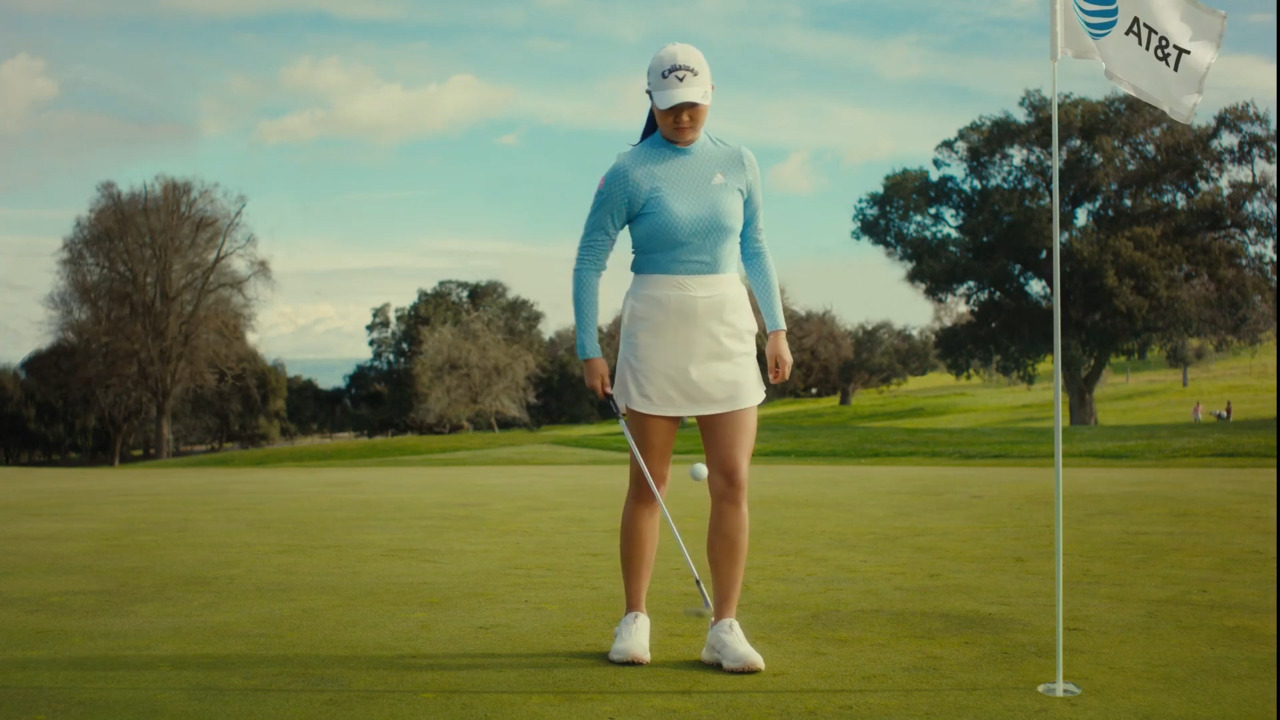
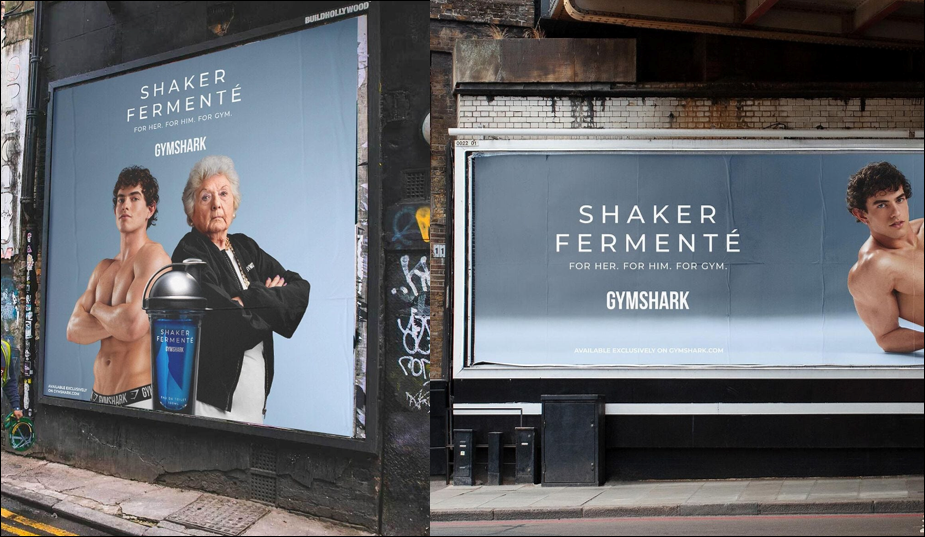

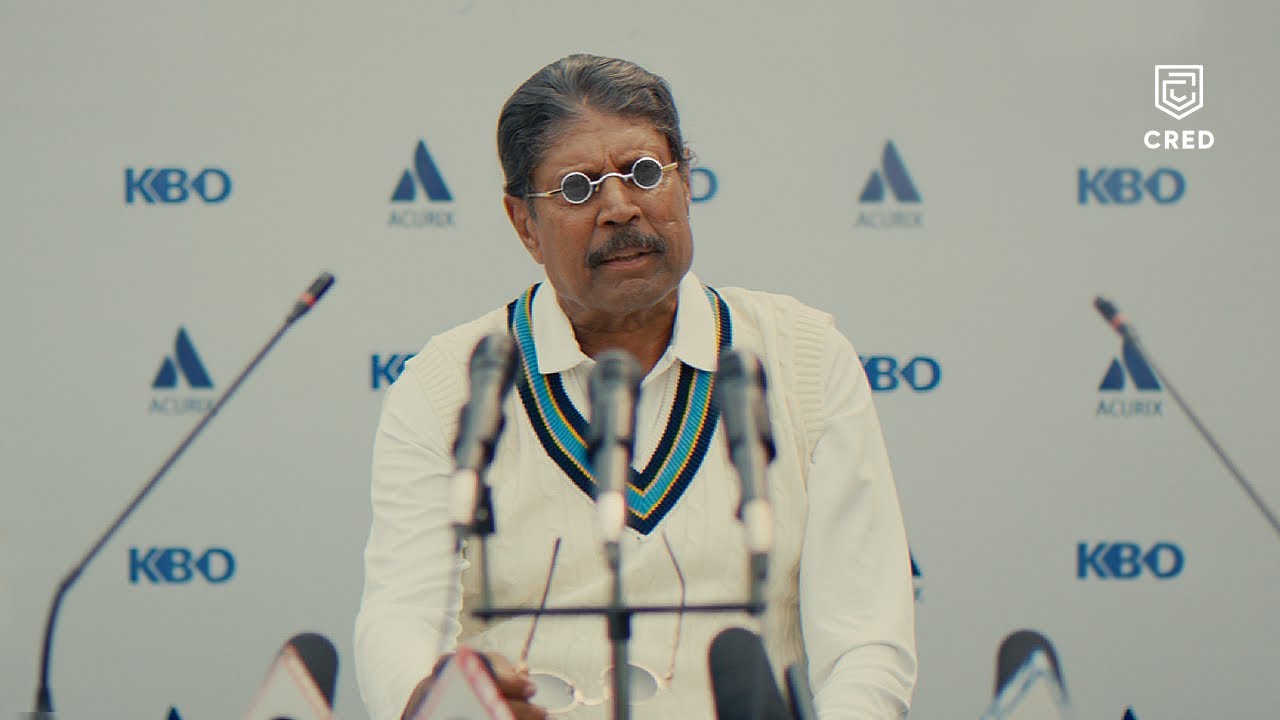
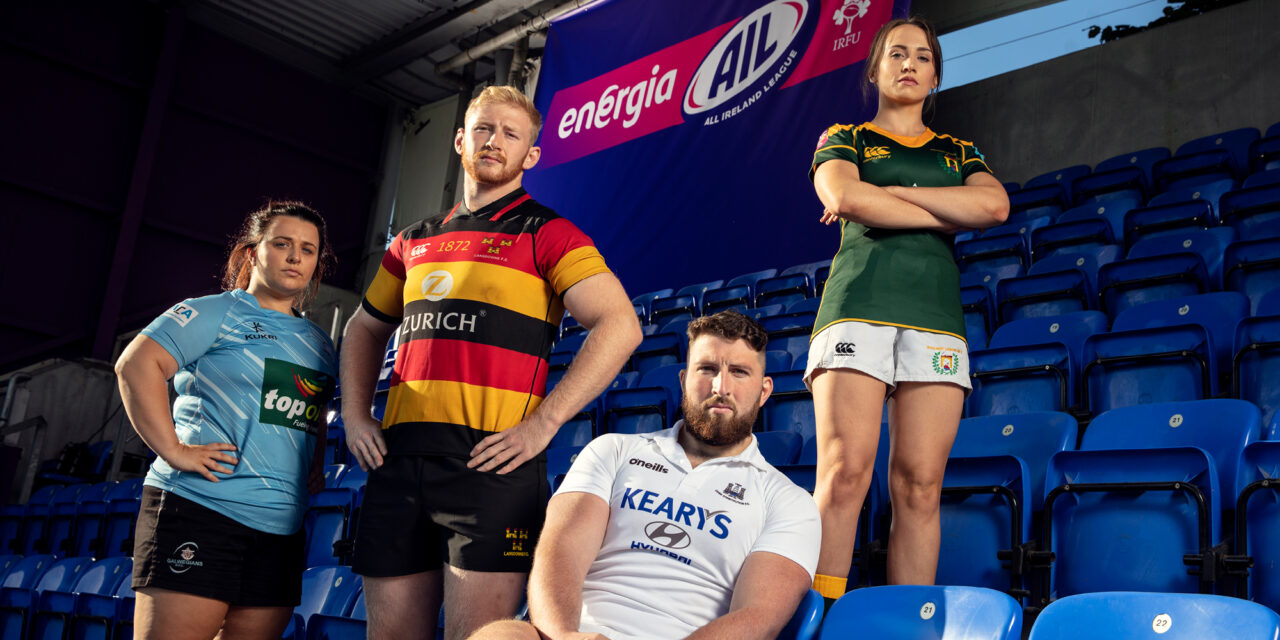


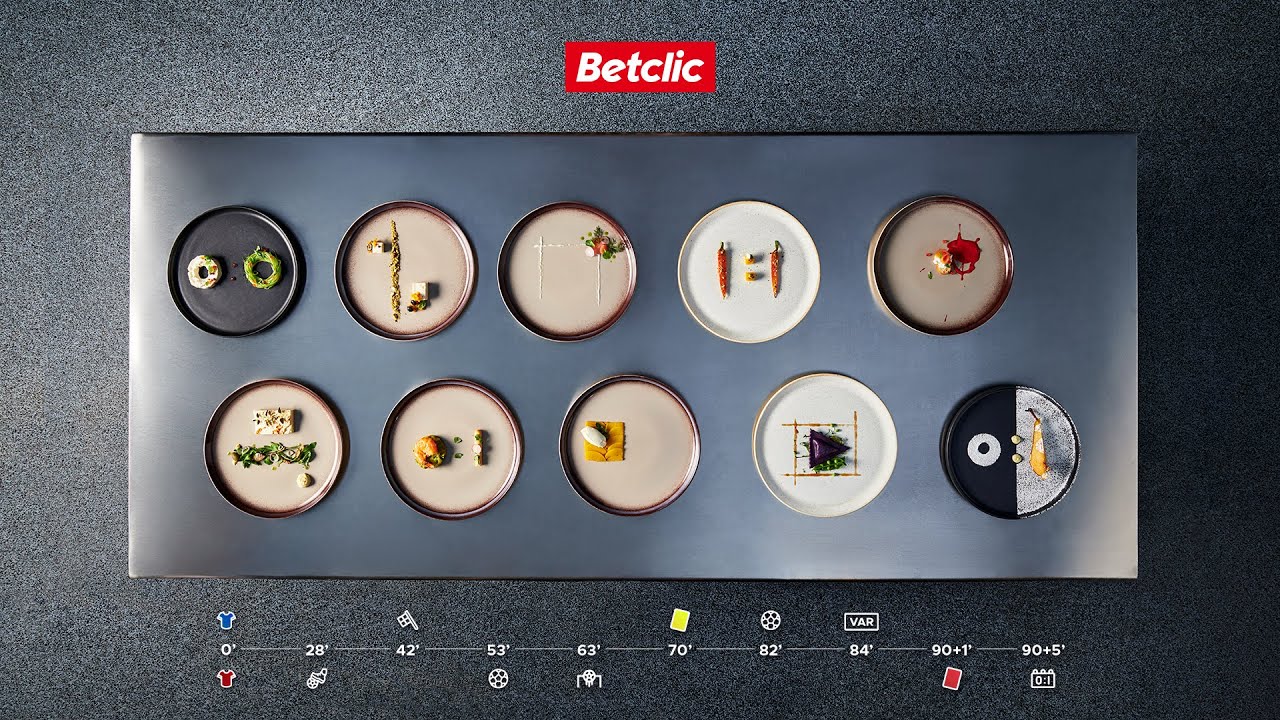









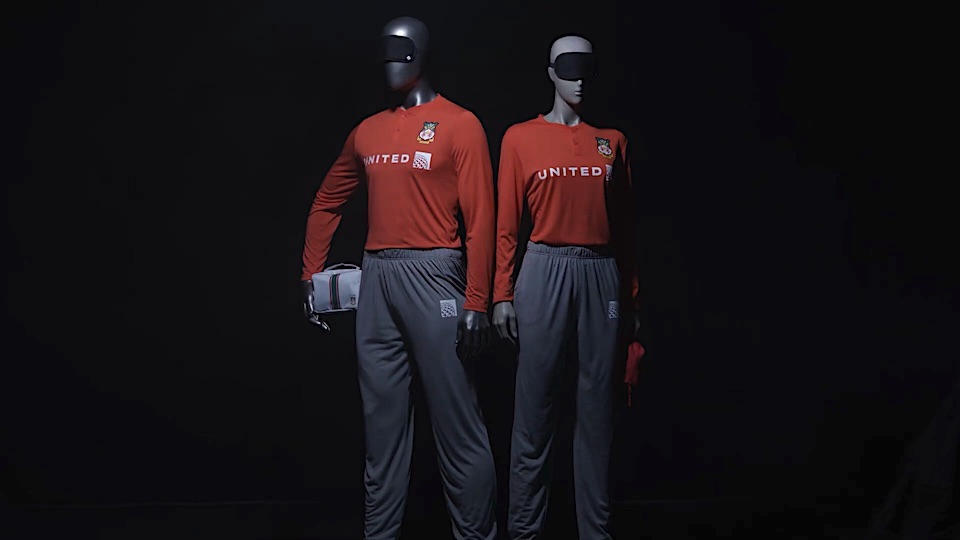


Leave a comment
You must be logged in to post a comment.